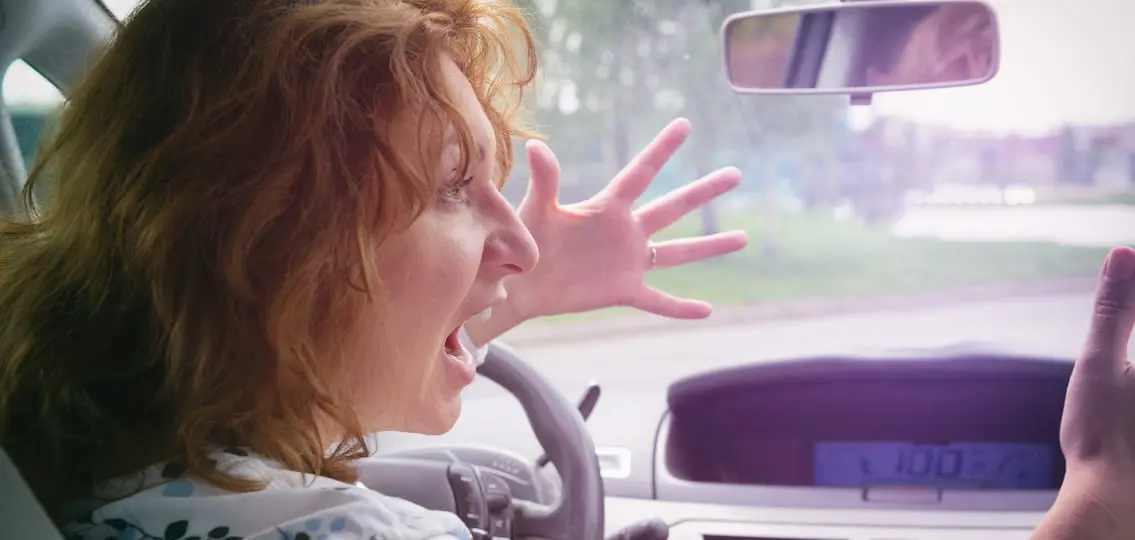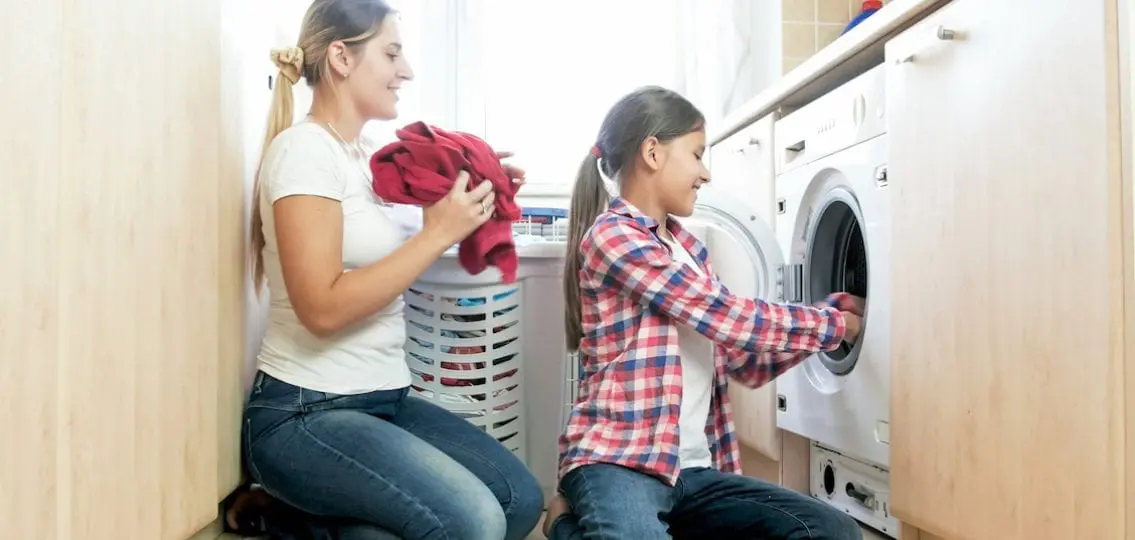Teens can have one foot in kid-world and the other in adult-world for years. As a mom, it can be difficult to figure out which role I’m playing in any given day. Sometimes when my kids need help, it throws me off because they’ve been independent for so long. Our relationship is changing—sometimes by the minute. It can be easy to slip back into doing things for them that I know they can do for themselves. And that makes me grumpy and resentful.

Fortunately for all of us, I discovered a rule that helped me create healthy boundaries with my kids and saved our relationship.
I will not do anything for them that makes me angry.
It seems obvious, but it’s amazing how often I used to violate this practice without thinking. One of my kids would be upset and anxious about something and would beg me to help them. And it was easy to get caught up in the emotion of the moment. I would let my mom-instincts kick in. But then, at some point when I was ignoring my own responsibilities to help out, I’d become frustrated. And somewhere in the back of my mind, I’m keeping score.
There is a part of me that is thinking, “She owes me one now” or “Dang, I got suckered again!” The longer I held on to that resentment, the heavier it became. Even if it feels like it’s the right thing to do at the time, I’m upset. Because I’m throwing that load of laundry in for my kid who is off goofing around with friends even though she knows that she has a school retreat to pack for. Or I fork out a twenty to cover her dinner with friends after the game, but I’m thinking about how she could have avoided needing me to do this for her if she handled it appropriately.
I told my daughters that I was going to be instituting this rule of not doing anything for them that made me angry. At first, they didn’t quite understand. I explained that it was me honoring my own time and efforts as much as I could.
It’s not about punishing them for not planning ahead. It’s not something like “tough love.” It is about not setting aside my important tasks in order to rush to someone else’s aid—if they don’t really need it. It’s also about building a more adult relationship with them now that they’re older.
I don’t want to set a precedent that their needs are always more important than mine.
This is an important life skill they need to develop. When they do really need it, I’m happy to help. But those are the things that feel good to me, that are freely chosen by me.
If my daughter wants me to teach her to make homemade mac and cheese, I’m game. If she asks me to drive her to school because parking is a pain and she can sleep in 15 minutes later—and I see it as an opportunity to catch up a bit on the way, without shuffling my schedule around in a way that feels too hard, I leap at the chance.
But if I have to give up something that’s important to me or perform a task I loathe to make her life a teeny bit easier, but that’s likely to prompt some resentment, then I decline.
One trick I use to determine how I feel about doing something for my kids is to ask myself if they’d do the same for me. If I were lying on the couch watching TV and too lazy to get up for a glass of water, would one of them jump up and grab me one if I asked? What if I were running late and needed someone to throw my clothes in the dryer? Or walk the dogs or come get me when I didn’t feel like taking the bus home?
If the answer is yes, then I feel like we are on equal footing, and that we respect each other’s time and effort.
One bonus of this mindset: I’ve permitted my daughters to live by the same rule. They don’t have to sublimate their own needs to anyone else—a boyfriend, a best friend, a sibling, or even me. They can simply ask themselves whether indulging someone else’s request is likely to make them angry before agreeing to do it or not.

And if the other person truly cares about their relationship, they’ll understand if the answer is no.
But if not, hopefully, they’ll at least respect their right to decline.




